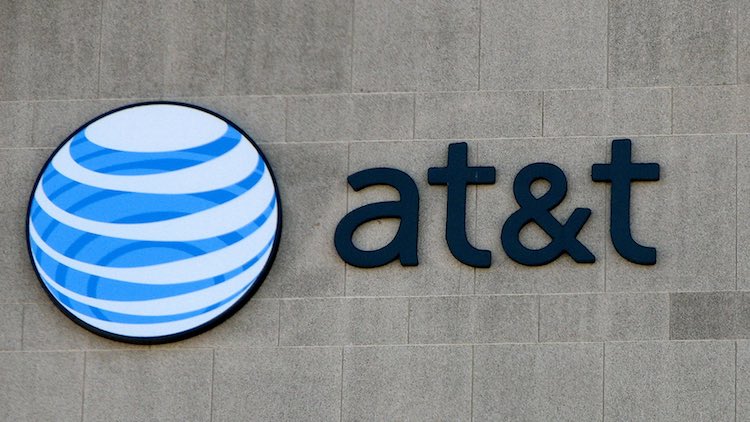AT&T: DOJ's Fragile Case Against Time Warner Merger Doesn't Hold Up

The smarter way to stay on top of broadcasting and cable industry. Sign up below
You are now subscribed
Your newsletter sign-up was successful
AT&T has told a federal appeals court that a lower court was right to rule that the Justice Department failed to prove that its merger with Time Warner would allow it to raise prices for Turner content (CNN, TNT, and TBS). AT&T says Justice can't meet the burden of proving the lower court erred.
That came in its brief Thursday (Sept. 20) to the U.S. Court of Appeals for the District of Columbia. DOJ filed its initial brief last month.
“We were pleased to respond to the government’s opening brief and look forward to oral argument,” said David McAtee, AT&T general counsel.
Justice filed suit against the deal, arguing that the combination of Turner’s competitively significant programming with the vast distribution footprint of AT&T's DirecTV made it an "exceptional vertical merger" whose effect would be to raise prices and lessen competition, particularly from over-the-top competitors. It said the judge failed to recognize that basic economic fact.
U.S. District Court Judge Richard Leon ruled on June 12, after a six-week trial, that the government had failed to prove its case that the merger would not be in the public interest.
AT&T says DOJ's claim that the lower court made economic errors was wrong, and even if it were right, that was irrelevant given the combined AT&T/TW pledge to have third-party arbitration of any complaints about Turner programming availability, and a no-blackout policy during that process.
AT&T also argues that, as the lower court concluded, pre-existing contracts prevent the kind of retail price increases DOJ inaccurately attributed to increased bargaining leverage.
The smarter way to stay on top of broadcasting and cable industry. Sign up below
"The Department of Justice’s suit to block the transaction was the United States’ first litigated challenge to a vertical merger in four decades," AT&T says in the brief, "prompting many press outlets to question whether the White House had improperly influenced DOJ’s decision to bring the case. The district court, however, quashed discovery into that issue, effectively limiting the trial to the fundamental question of whether DOJ had met its burden to prove that the proposed combination violated Section 7 of the Clayton Act."
The district court said no, and AT&T says that was the right call. "In the crucible of litigation, DOJ’s claims were exposed as both narrow and fragile," it says. DOJ must now prove the lower court was wrong, a burden it can't meet, says AT&T.
That June decision that paved the way for the completion of AT&T’s $108.7 billion merger with Time Warner.
Contributing editor John Eggerton has been an editor and/or writer on media regulation, legislation and policy for over four decades, including covering the FCC, FTC, Congress, the major media trade associations, and the federal courts. In addition to Multichannel News and Broadcasting + Cable, his work has appeared in Radio World, TV Technology, TV Fax, This Week in Consumer Electronics, Variety and the Encyclopedia Britannica.

